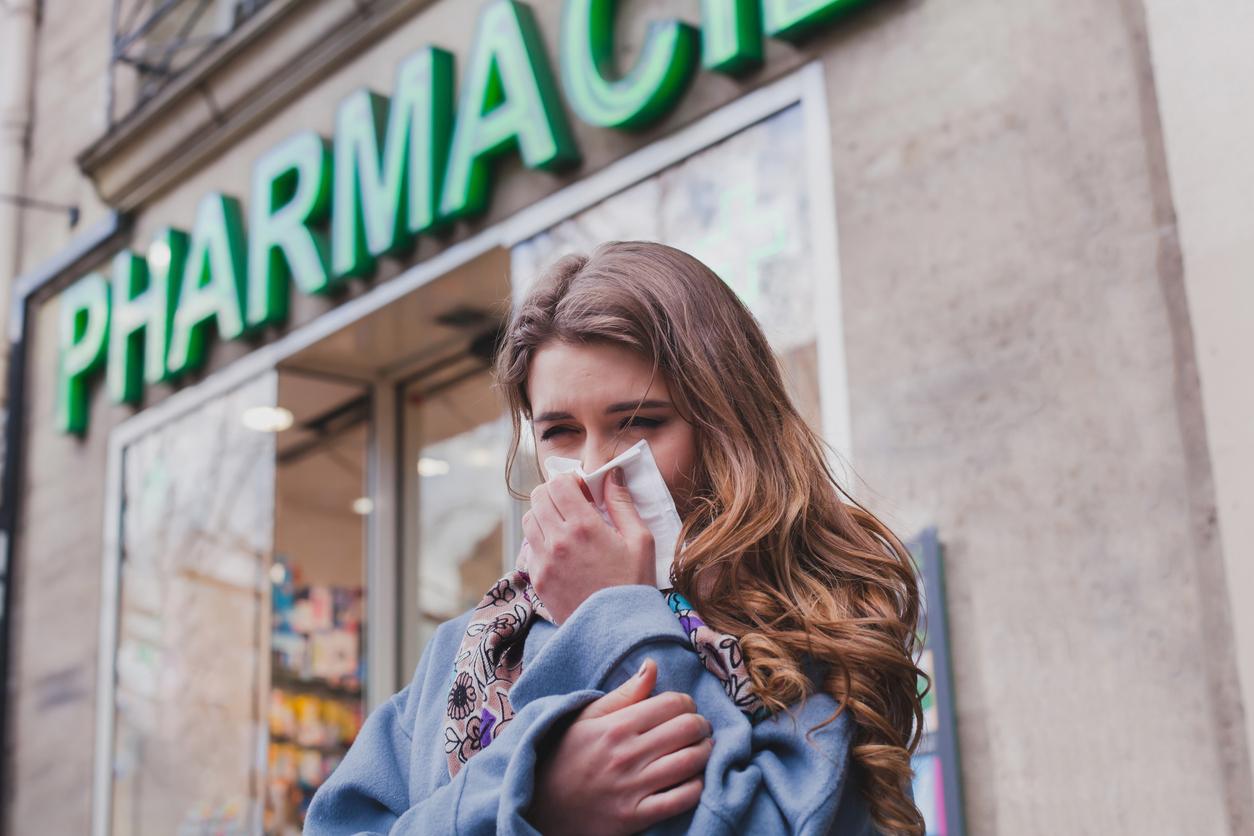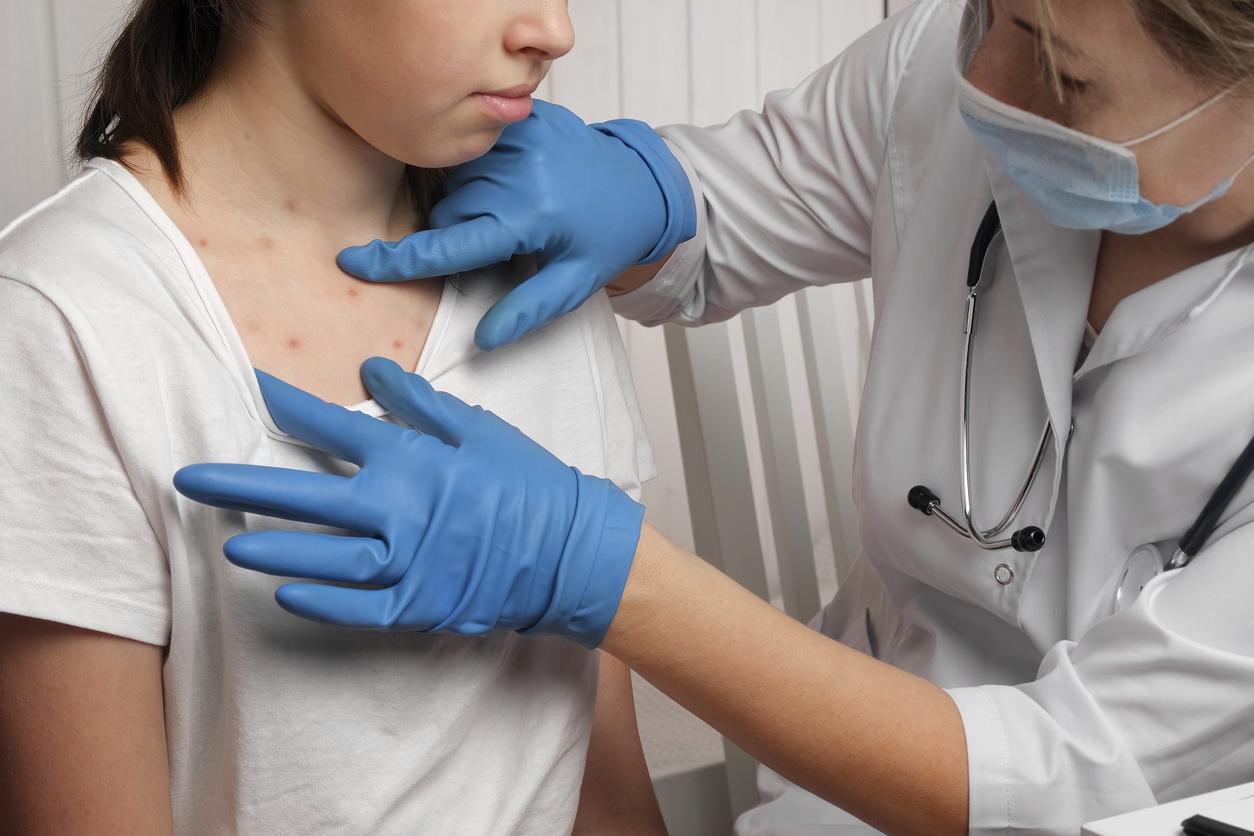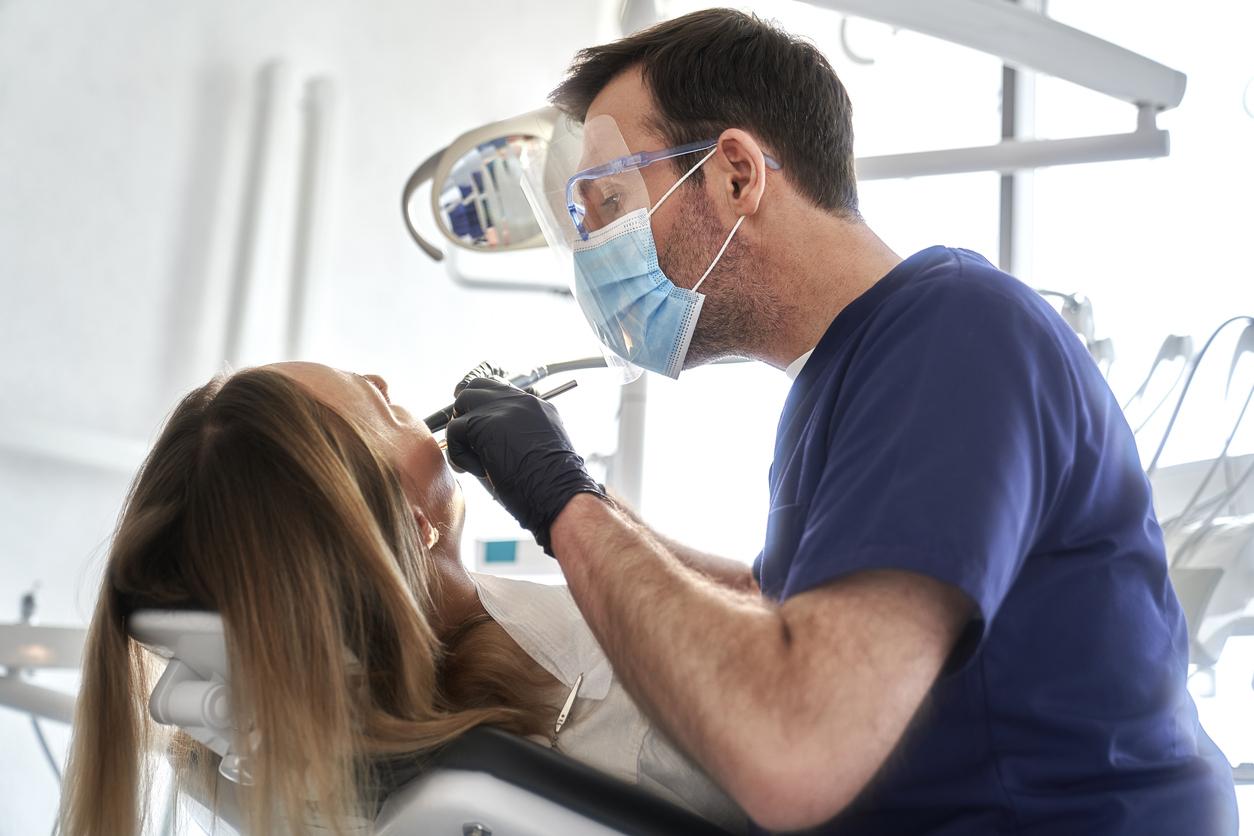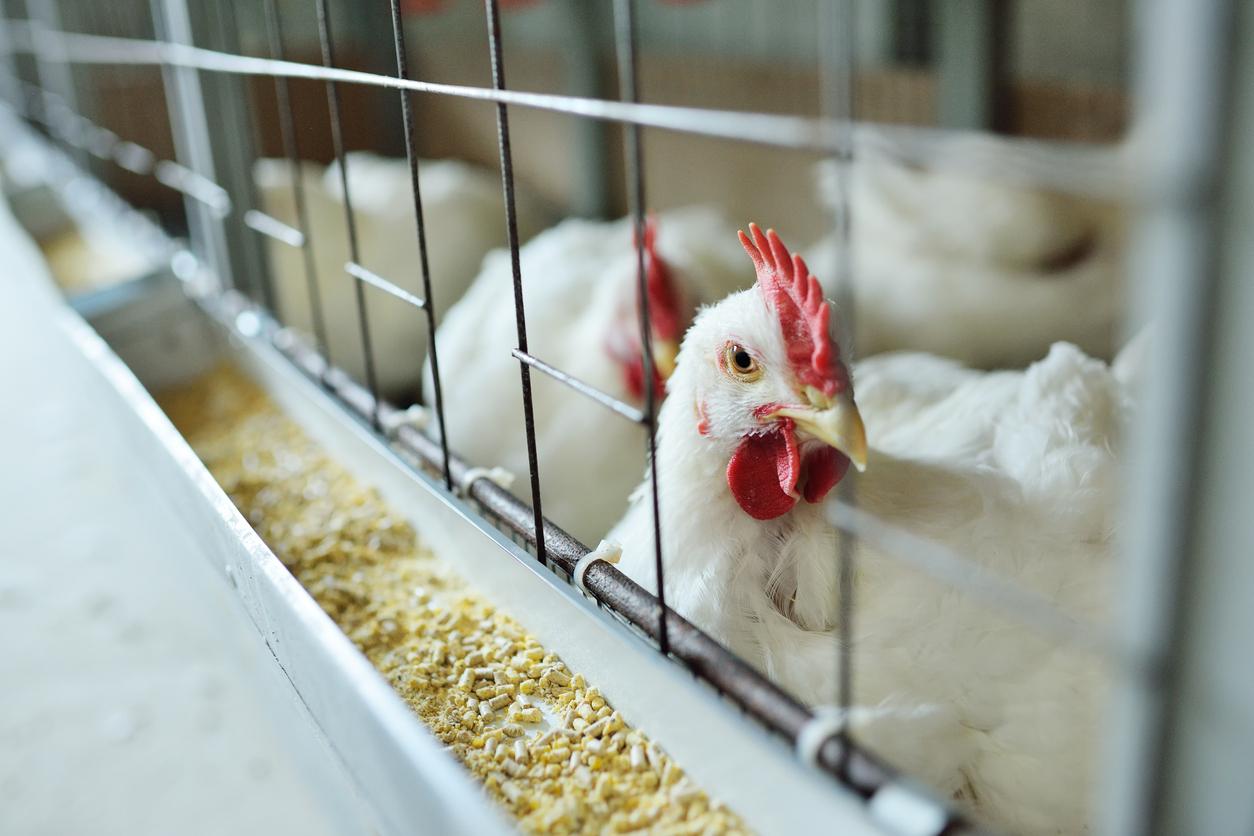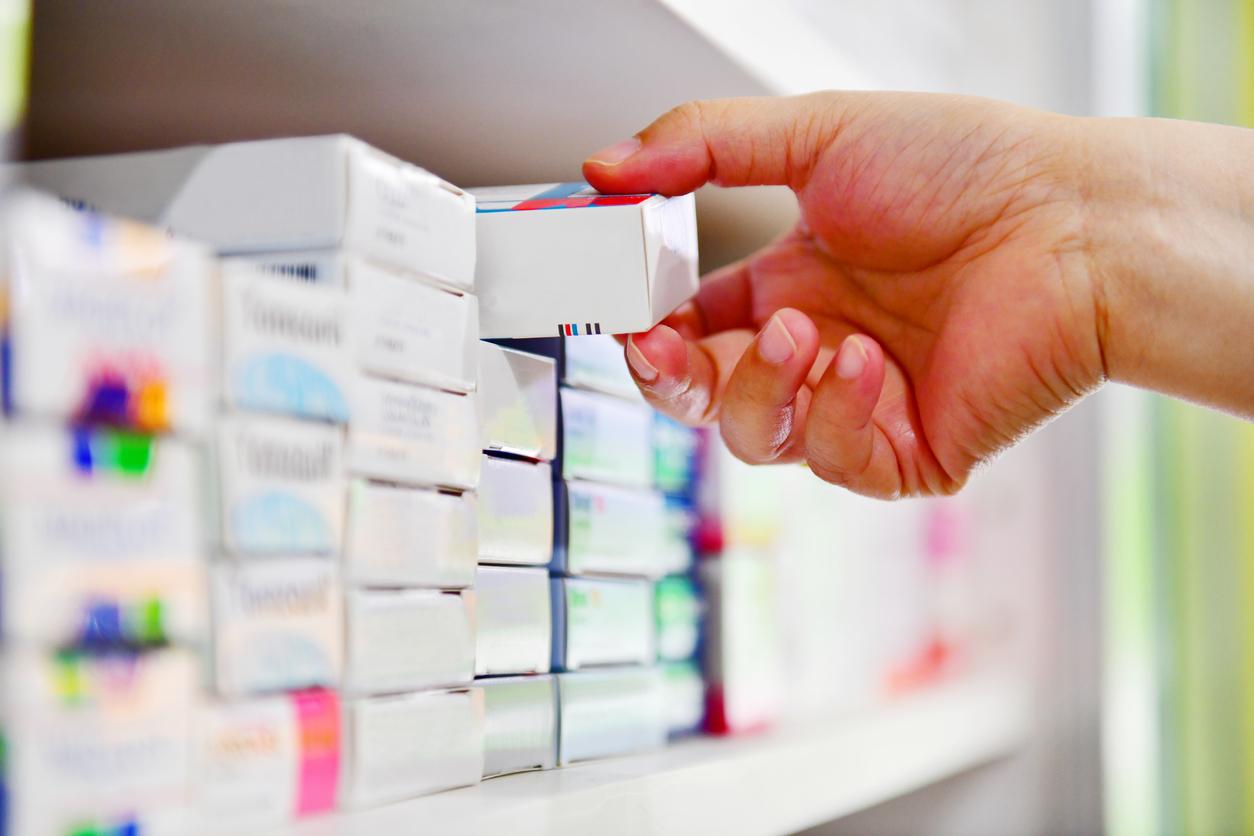We had almost forgotten it. And yet, SARS-CoV-2 is still there. Cases of contamination have been increasing in France since the beginning of June, especially in Île-de-France. “From June 13 to 19, an increase in the incidence rate was observed at the national level (+29%) for all age groups, indicates Public Health France in its Covid epidemic bulletin of June 23. New hospitalizations and critical care admissions were also on the rise, particularly among those aged 80 and over.
In question ? A new ultra-transmissible variant (the BA.5 variant responsible for nearly half of the cases and which will be dominant in July), the abandonment of sanitary measures and barrier gestures and a declining overall immunity.
Only 34% of respondents say they wear a mask in public
Santé Publique France carries out regular surveys to monitor French people’s adherence to preventive measures (barrier gestures and vaccination). Its most recent survey (CoviPrev), performed from May 9 to 16shows a decrease in adherence to barrier gestures, and in particular wearing a mask, with an 8% drop between the April and May waves. Only 34% of respondents say they wear a mask in public.
“In the context of increased circulation of SARS-CoV-2 and less adoption of preventive measures, the application of barrier gestures remains essential to limit the spread of the epidemic and protect the most vulnerable populations. vulnerable, comments Public Health France. Monitoring the other recommended measures also remains essential in the event of symptoms, a positive test or contact at risk.
Wearing a mask limits severe infections
Asked about BFMTV on Tuesday June 21, Professor Gilles Pialoux, head of the infectious and tropical diseases department at Tenon hospital, returned to this “predictable” increase. “It was expected. It is the effect of the removal of the mask in public space, in transport, and the effect of two variants which are at a high level of viral circulation. It is also a period with a lot of social exchanges”.
The question of wearing a mask, in transport and closed places therefore arises.. According to the president of the Vaccine Strategy Orientation Council, Alain Fischer, it would be reasonable to wear it in public transport. “It’s a collective protection measure. By making the small effort to wear the mask, we help protect vulnerable people”he said, Wednesday, June 22, on the set of Télématin, on France 2.
Antoine Flahaut, epidemiologist at the University of Geneva, goes further. According to him, you must wear a mask in all enclosed places. “If you are in a room that is bathed in coronavirus and you wear a mask, perhaps you will be infected, but you will be much less infected than your neighbors who do not wear a mask, he explained at the microphone of Europe 1. Quite simply because thanks to your mask, you will have much fewer viral particles that will enter the respiratory tree. Result: in case of infection, it is less severe.
Booster vaccination in addition
While 55% of hospitalized people are over 80, only 48% of nursing home residents, 31% of people over 80 living at home and 19% of 60-79 year olds have recalled. “These variants are more transmissible and this resumption of cases is accompanied by an increase in hospitalizations”, explained Alain Fischer on Tuesday June 21 during a press briefing, before stressing that there are still “38 to 40 deaths every day”. With the booster vaccination, protection against severe forms increases to 90% only 8 days after the injection.
Are concerned by this booster vaccine:
- immunocompromised people from 3 months after the last booster.
- over 60s with or without from 6 months after the first booster injection or from 6 months after the last infection.
- people over 80 and residents of Ehpad and USLD from 3 months after their last injection.
Sources:
- COVID-19: epidemiological update of June 23, 2022, Public Health France.
- How is French people’s adherence to preventive measures against Covid-19 changing? Results of wave 34 of the CoviPrev survey, Public Health France, June 9, 2022.
Read also:
- Covid certificate extended for one year in the EU: what does it mean?
- Covid self-test: how to do it (well)?
- Covid: the connected watch that warns when you catch the virus, when is it for?










